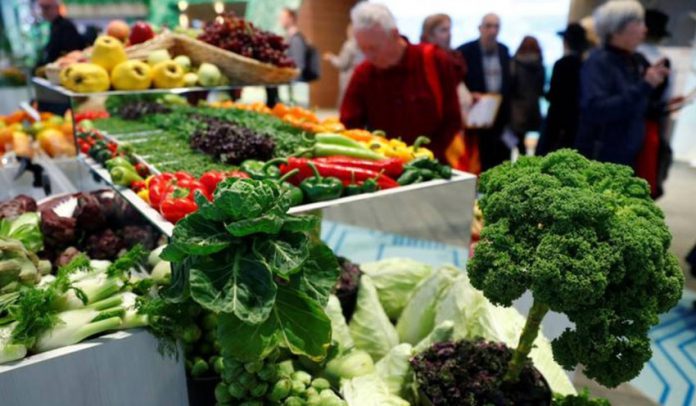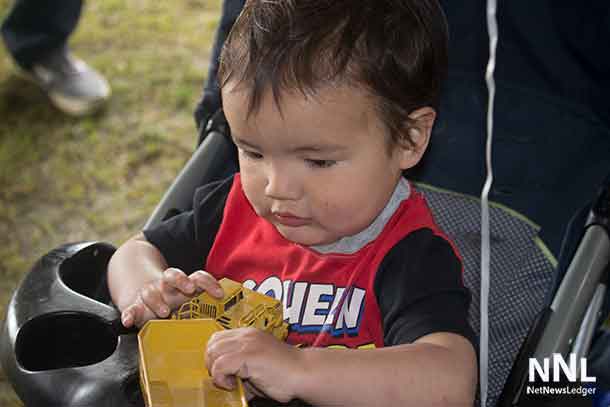Britain’s Marks & Spencer joins a wave of supermarkets and manufacturers pledging to reduce waste in response to rising public outcry over environmental damage
By Sarah Shearman
LONDON – LIVING – (Thomson Reuters Foundation) – Britain’s Marks & Spencer is the latest food retailer to cut plastic pollution and food waste, opening a trial store in London that sells fresh fruit and vegetables without packaging or sell-by dates.
It joins a wave of supermarkets and manufacturers, from Germany’s Lidl to U.S. Whole Foods, pledging to reduce waste in response to rising public outcry over environmental damage.
These businesses take their cue from social enterprises that have been working for years to show that zero-waste food retail is commercially viable as well as better for the planet.
Here are six social enterprises changing the way groceries are bought and sold around the world:
La Tablee des Chefs
This Canadian social enterprise collects surplus food from hotels and restaurants and distributes it to charities and food banks. It also runs free cookery classes for young people to spread the word about healthy eating.
Toast Ale
A Yorkshire brewer in northern England, it collects unsold loaves from bakeries and uses them to make beer. It reinvests profits in a charity that campaigns to end food waste.
Wasteless
This Israeli tech firm has developed artificial intelligence that can identify produce nearing its best-before date and automatically adjusts the price to sell at a discount.
HISBE
This company, in the British seaside town of Brighton, aims to challenge the standard supermarket, while making quality, locally-sourced food affordable. It has plastic-free aisles and refill stations and says it pays staff and suppliers fairly.
Green Price
Hong Kong’s Green Price sources food near its best-before date from retailers then sells at a discount to low-income families. Profits go towards providing healthy meals to children in need.
Ooze Drinks
London’s Ooze Drinks buys fruit and veg that do not meet supermarkets’ cosmetic standards and turns them into juices.
(Sources: https://www.greenprice.hk/pages/best-before https://www.oozedrinks.co.uk/ http://www.tableedeschefs.org/ https://www.toastale.com/ https://hisbe.co.uk https://www.wasteless.co/ )
(Reporting by Sarah Shearman @Shearmans, Editing by Lyndsay Griffiths and Claire Cozens. Credit: Thomson Reuters Foundation)







